Janet Sernack
Founder of ImagineNation™ a global innovation learning and coaching company that helps organisations, leaders, teams, and coaches adapt, innovate, and grow through disruption. She is an ICF PCC executive, team and transformational leadership and innovatio…
About Janet Sernack Founder of ImagineNation™ a global innovation learning and coaching company that helps organisations, leaders, teams, and coaches adapt, innovate, and grow through disruption. She is an ICF PCC executive, team and transformational leadership and innovation coach, an award-winning global blogger on the people side of innovation, and presenter of the ICF CCE Coach for Innovators Certified Program. |
Expert in the fields:Personal Development Coaching/Career Coaching
13 years of practice
On Core Spirit since August 2021
Australia
Certificates
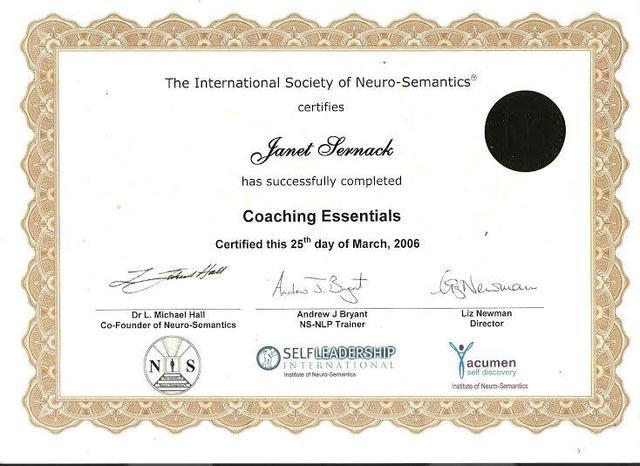
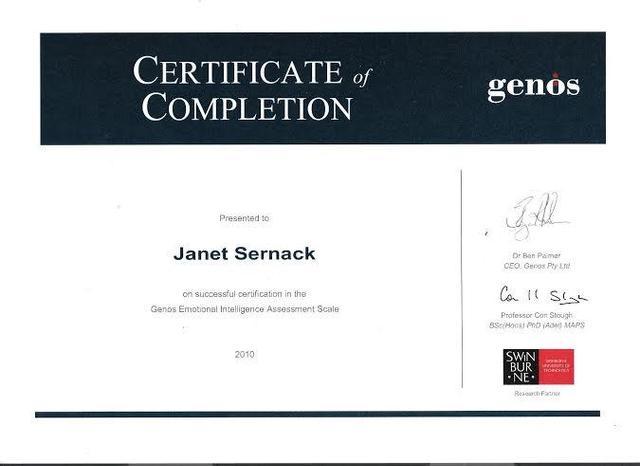
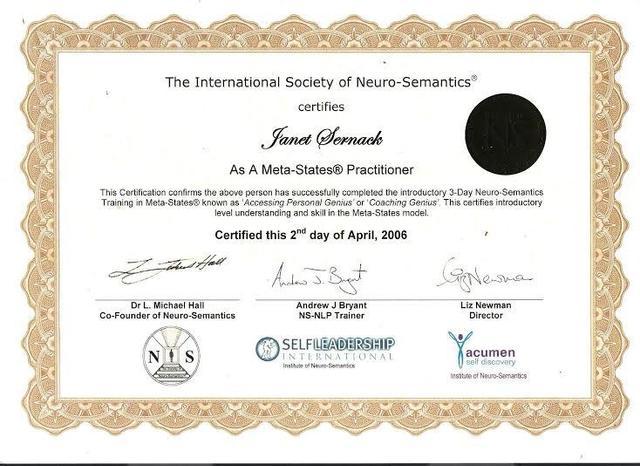
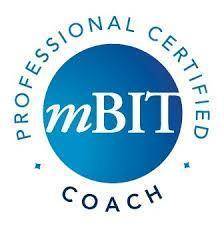
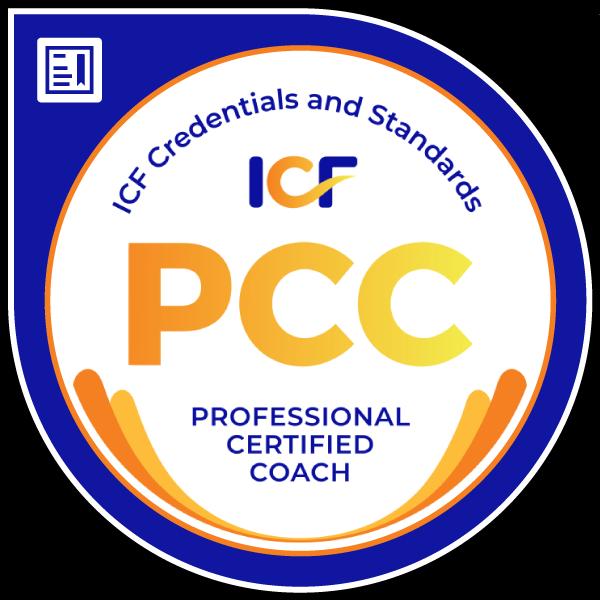

Practitioner Reviews
Janet Sernack doesn’t have reviews yet.
Click the button below to leave the first one!
Comments
•4y ago
New article Contolling the controllables in a Covid-19 world already available! Read it now
Leave your comments / questions